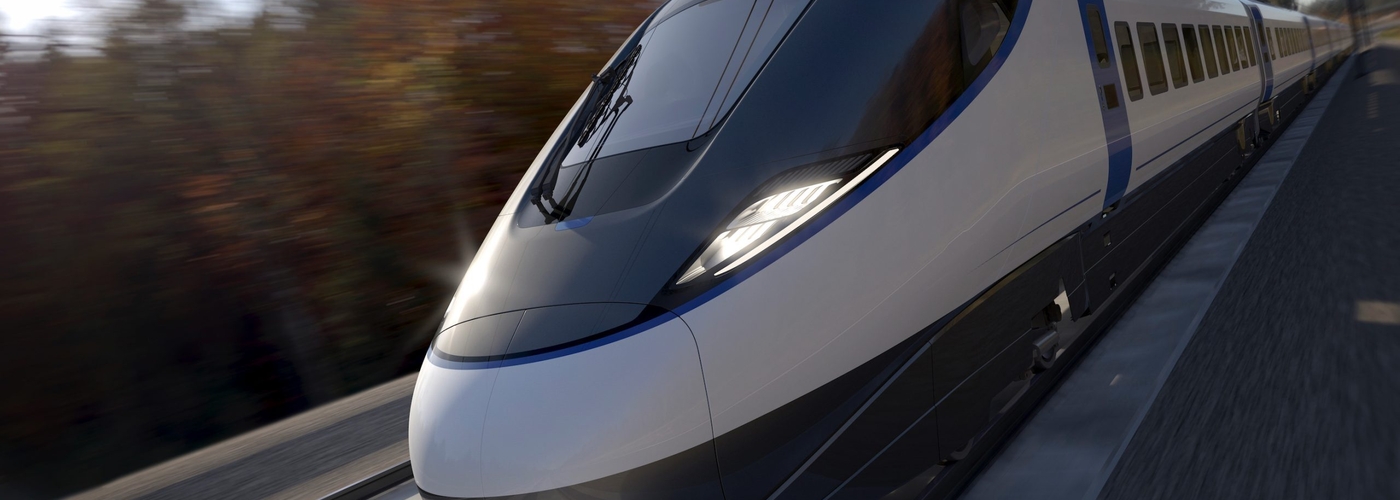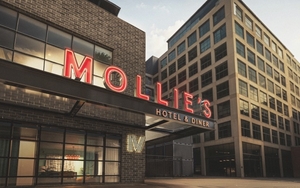Jonathan Schofield describes the opening of Liverpool & Manchester Railway 193 years ago in the context of the latest HS2 news
Northern HS2 running into buffers
A tight-lipped govenment on Thursday 14 September refused to confirm whether the northern half of HS2 would be completed from Birmingham to Manchester.
Greater Manchester Mayor Andy Burnham succinctly wrote: 'It’s coming up 10 years since Osborne’s “Northern Powerhouse” speech and the Tories are set to scrap the last of his rail pledges. The result? The southern half of England gets a modern rail system and the North left with Victorian infrastructure. Levelling up? My a**e.'
He added: 'The Government is guilty of gross mismanagement of HS2 and of making the North pay for their failure. Once again, passengers here are seen as second-class citizens. It’s time for an honest conversation about what they WILL do for the North and let voters decide if it’s enough.'
The breathtaking incompetence and dither from Whitehall is beneath contempt. Apparently having spent more than £2bn already preparing the ground, the government feel £34bn could be saved in costs.
Henri Murison, chief executive of the Northern Powerhouse Partnership, was as aghast as Burnham.
“Any decision to curtail this project any further would do serious damage to the Government’s relationship with the business community, both Northern-based businesses and inward investors, who have made long term investment decisions based on previous promises.
“Cancelling Phase 2b would also make it impossible to improve east-west connectivity across the North as promised in the Integrated Rail plan.
“It would remove the most critical remaining section of Northern Powerhouse Rail between Manchester Piccadilly and Manchester Airport which is vital for getting passengers from Liverpool across the Pennines.”
He added: “Given that Phase 1, the most expensive bit of the route, is already under way and that the strongest benefit-cost ratios are found in the Northern sections, it makes no sense to stop now.
“Our country’s inability to deliver infrastructure, whether it’s hospitals or rail lines, is a huge problem for raising productivity long term and our global reputation.
“The shadow Chancellor has already committed to treating day to day spending differently to capital spending to support long term economic growth – the Government should do the same.”
That the news filtered through the day before the 193rd anniversary of the opening of the Liverpool and Manchester Railway, a date when Manchester became the first railway city in the world, is an unpleasant irony.
The story of that momentous occasion on 15 September 1830, is told below.
Opening up the railway world
When the Prime Minister, the Duke of Wellington, opened the Liverpool & Manchester Railway (LMR) in September 1830, he ushered in a transport revolution. This wasn’t a revolution that sneaked in under the radar. One that only later would be recognised as something truly monumental. Everybody knew LMR was an epochal event in transport. In fact they couldn’t stop talking about it.
Even before the official opening, as commentators and writers watched the tests and trials of the new system, speculators began to push forward ideas for railways everywhere; Manchester to Birmingham, Manchester to Leeds and so on. Explicit mention is made in a Manchester Guardian article of the advantage to a line from Liverpool to Hull, coast to coast, through Manchester and Leeds. In 2018 we call that HS3.
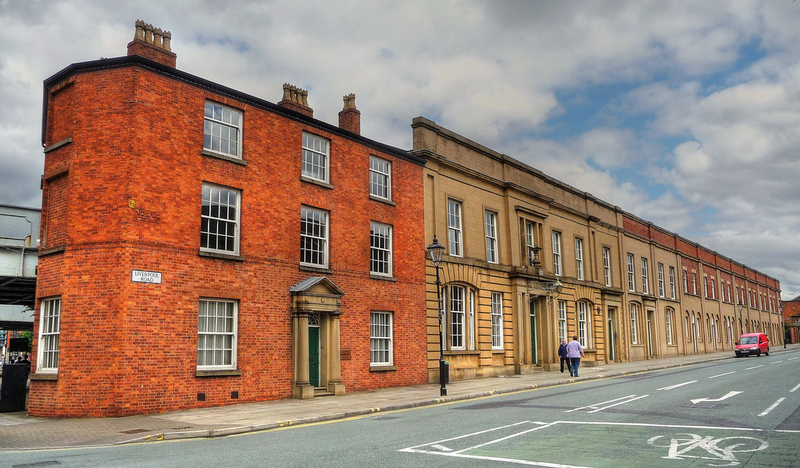
The prospectus for the Manchester to Sheffield line stated: ‘To all who have reflected upon the rapid advance that has been made in the productive powers of the nation, it must be obvious that it has to a great degree been owing to the improved means of internal communication. By the exertion of that mechanical talent which was latent in the country, and which was soon to be developed in those beautiful applications of science to the purposes of commerce these kingdoms (have been invested) with a power that has enabled them to contend single-handed with almost the whole civilised world.’
People were excited. They saw advancement, prosperity and national pride encapsulated by the application of locomotive power. In other words, they were saying it’s all about the infrastructure, stupid.
People were excited. They saw advancement, prosperity and national pride encapsulated by the application of locomotive power
The significance of the LMR
Despite the earlier railway line at Stockton and Darlington in the North East of England, it was the LMR which became the yardstick for future rail travel. Crucially it almost immediately made money and, just as importantly, the opening attracted international press coverage. With an emphasis on passenger travel, it also made travel more democratic – for the first time, poorer people could journey regularly for a reasonable price. For Manchester Confidential and our love of good food and drink, one of the principal investors and board members was Gilbert Winter, a prominent Manchester wine merchant.
The opening day itself had started in Liverpool in a spirit of celebration; it was different in Manchester, a much less establishment town. As the Duke of Wellington approached through Ordsall, there was an angry crowd protesting about the price of food and about the lack of Parliamentary representation in Manchester. It was eleven years after the Peterloo Massacre, but still nothing had been done in terms of many towns and cities such as Manchester gaining an MP. That was still two years away.
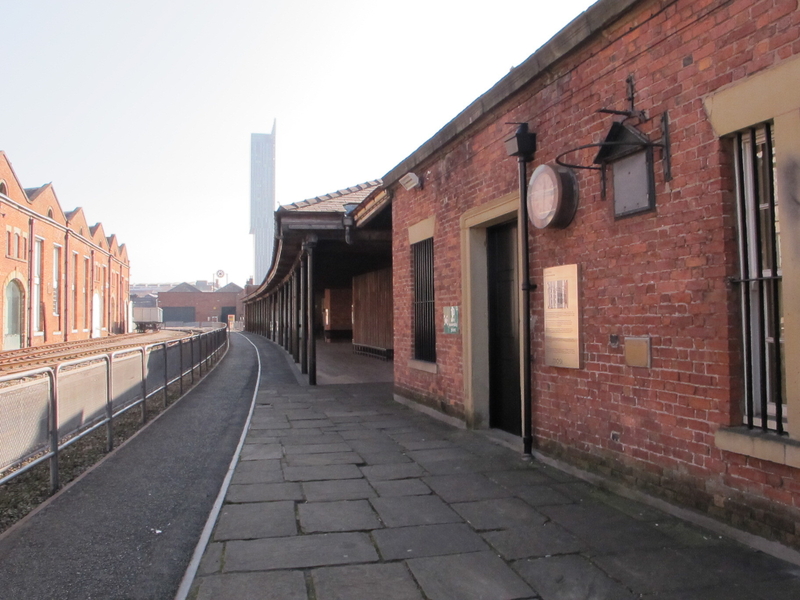
The Duke’s mood wasn’t made better by the fact that the Railway Age had begun with blood. The esteemed MP for Liverpool, William Huskisson - an old gent who was a friend of the Duke’s - left one of the carriages while the engines were taking on water at Parkside, near Wigan. As another train came along he misjudged the speed of the train and was run down. He was rushed, by locomotive, to Eccles with his leg hanging off. Doctors were called but it was no use and, although he lingered on long enough to say a touching farewell to his wife, he died.
Other people were having other experiences on the railways. A young actress, Fanny Kemble, wrote: ‘We travelled at 35 miles an hour (swifter than a bird flies). When I closed my eyes, this sensation of flying was quite delightful. I was at the height of my ecstasy.’
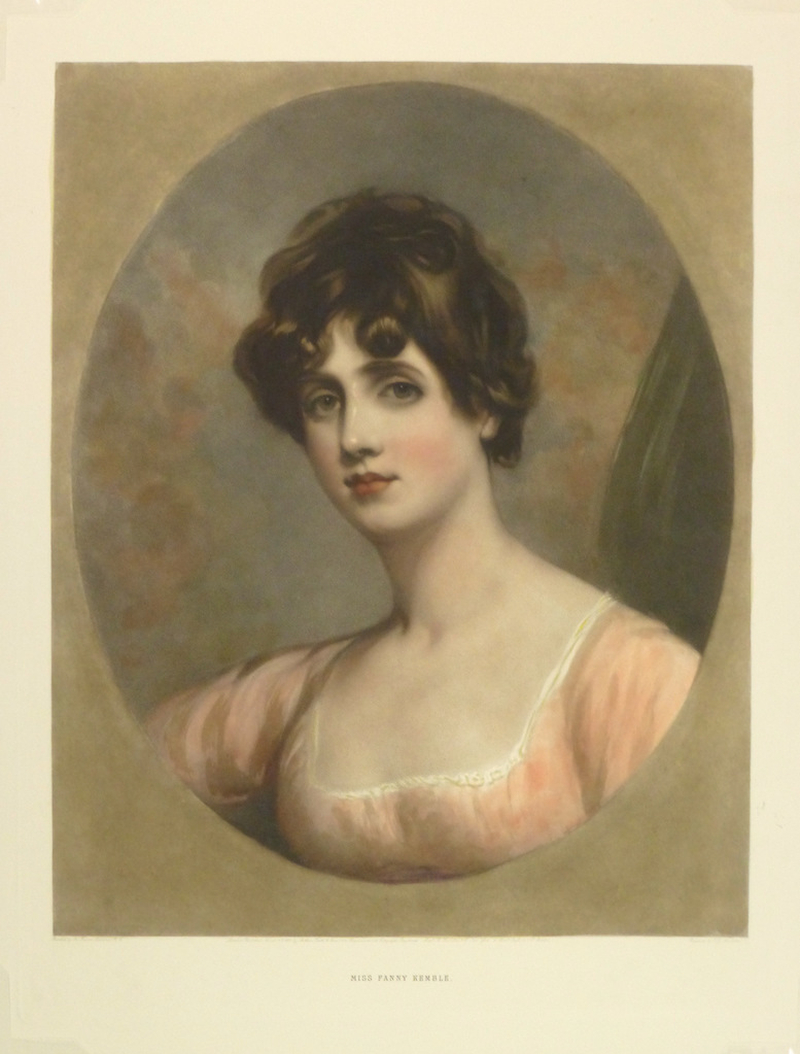
First railway city
As a result of 15 September, Manchester became the first railway city, the centre of a network before any other place on the planet. The railways had huge social effect. It made the separation of the classes more pronounced, for instance, as the purely commuter towns of south Manchester such as Wilmslow, Alderley Edge, Sale and Cheadle Hulme spread over farm fields. This led to a debate about those who owed their wealth to the city abandoning it. ‘If God made the country and Man made the town.. the Devil made the suburbs,’ thundered local progressive Charles Rowley in 1899.
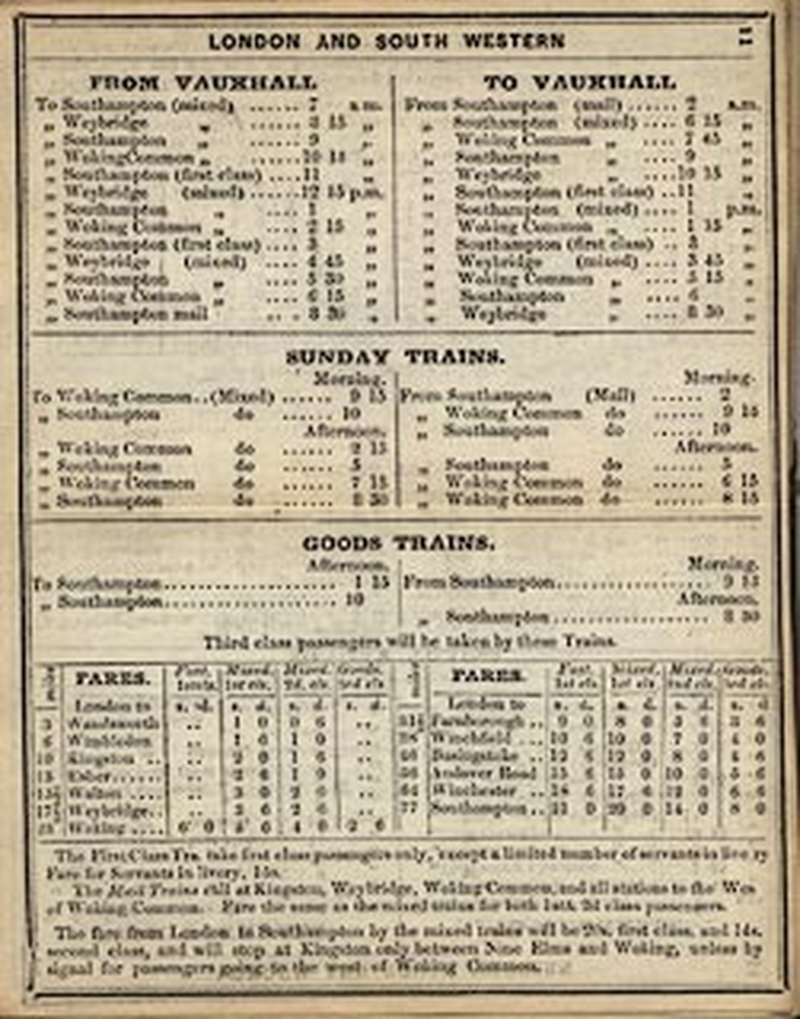
George Bradshaw and the timetable
Manchester man George Bradshaw (1801-1853) understood the effect of the railways more than most. As the impact of the railway system became more obvious and its organisation more complicated, Bradshaw came up with a national railway map and then the famous Bradshaw’s Railway Companion in 1839. This was the first national railway timetable, a revelation at the time: ‘seldom has the gigantic intellect of man been employed upon a work of greater utility,’ wrote one commentator.
Unsurprisingly, this and subsequent guides were deeply unpopular with the railway companies who found themselves tied to running services on time. Bradshaw has a part to play in the metronomic nature of modern life, the schedules and due dates.
Let's celebrate this internationally significant anniversary
George Stephenson was the principal engineer of the LMR and it’s his magnificent Grade 1 listed viaduct that has been revealed by the works associated with the Ordsall Chord – the multi-million pound scheme to speed up connections between Piccadilly and Victoria Stations.
When the new public realm around the viaduct and Aviva Studios is fully open within the next month or surely Manchester should hold a great railway convention, an LMR weekend next year, around 15 September.
There should be lots of tourist stuff and steam train action, model trains too, but also a series of lectures about the future of railways, particularly British railways. With the news from London this week about the northern arm of HS2 being potentially scrapped that seems more and more urgent.
Until this happens, we will have to be satisfied with a visit to the atmospheric, enchanted spaces of the original railway complex which still survives at the Museum of Science and Industry. There you will find the earliest station and warehouse of the Railway Age.
One final point, LMR originally looked for a partner operator for the trains while they ran the track and stations. In the end they decided against this and did it themselves. In other words, they thought the option presently used in the UK, with the relationship between Network Rail and train operators, unworkable. They were right.
If you like this you might like these:
Aviva Studios must be a second Urbis
Ordsall Chord farce and other stories
Cycling offences: how many people are fined in GM
Get the latest news to your inbox
Get the latest food & drink news and exclusive offers by email by signing up to our mailing list. This is one of the ways that Confidentials remains free to our readers and by signing up you help support our high quality, impartial and knowledgable writers. Thank you!






